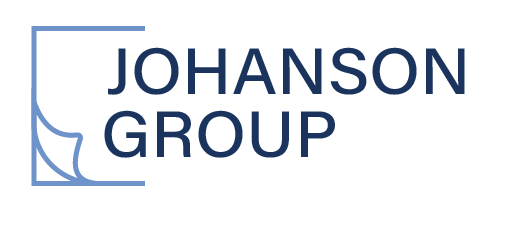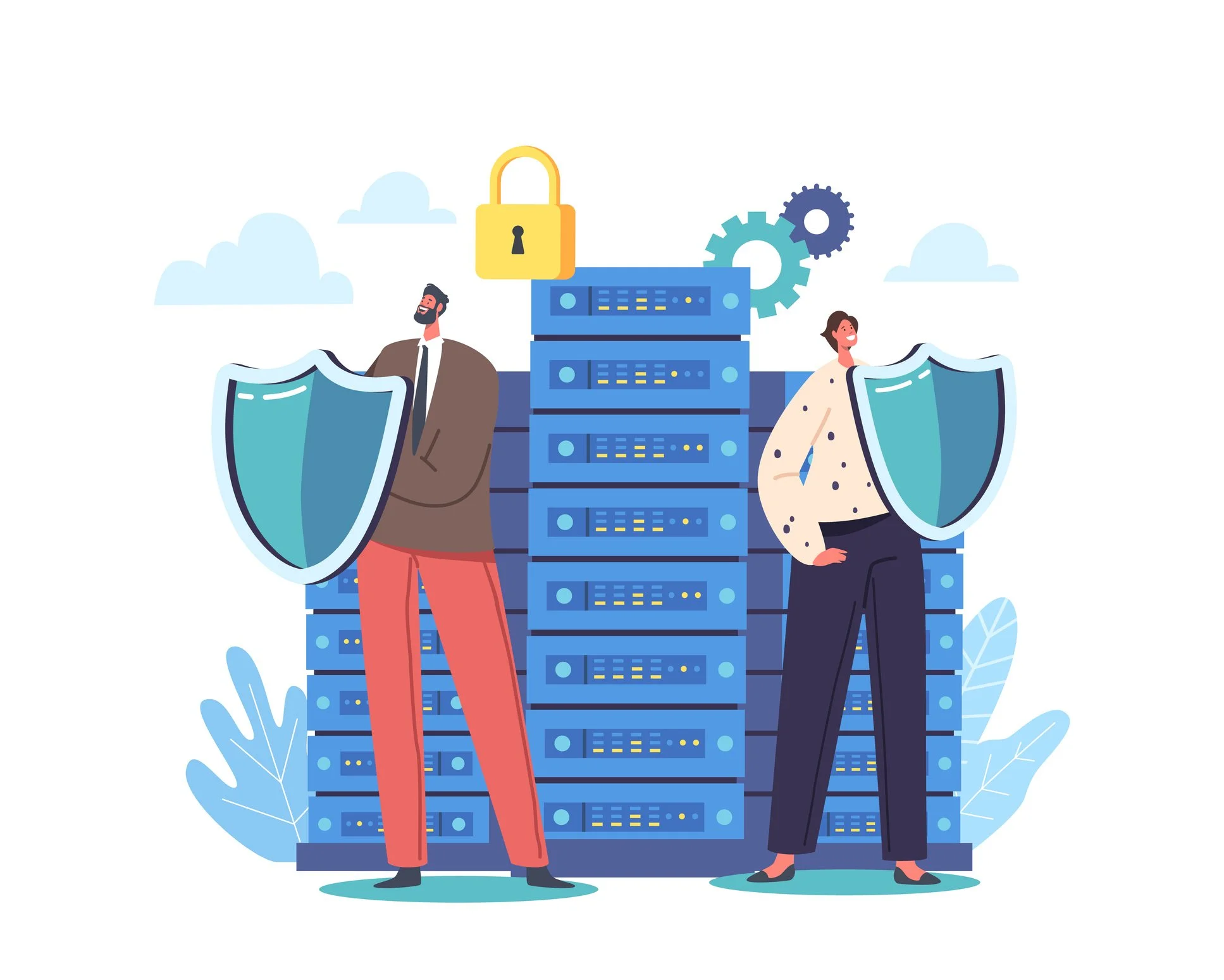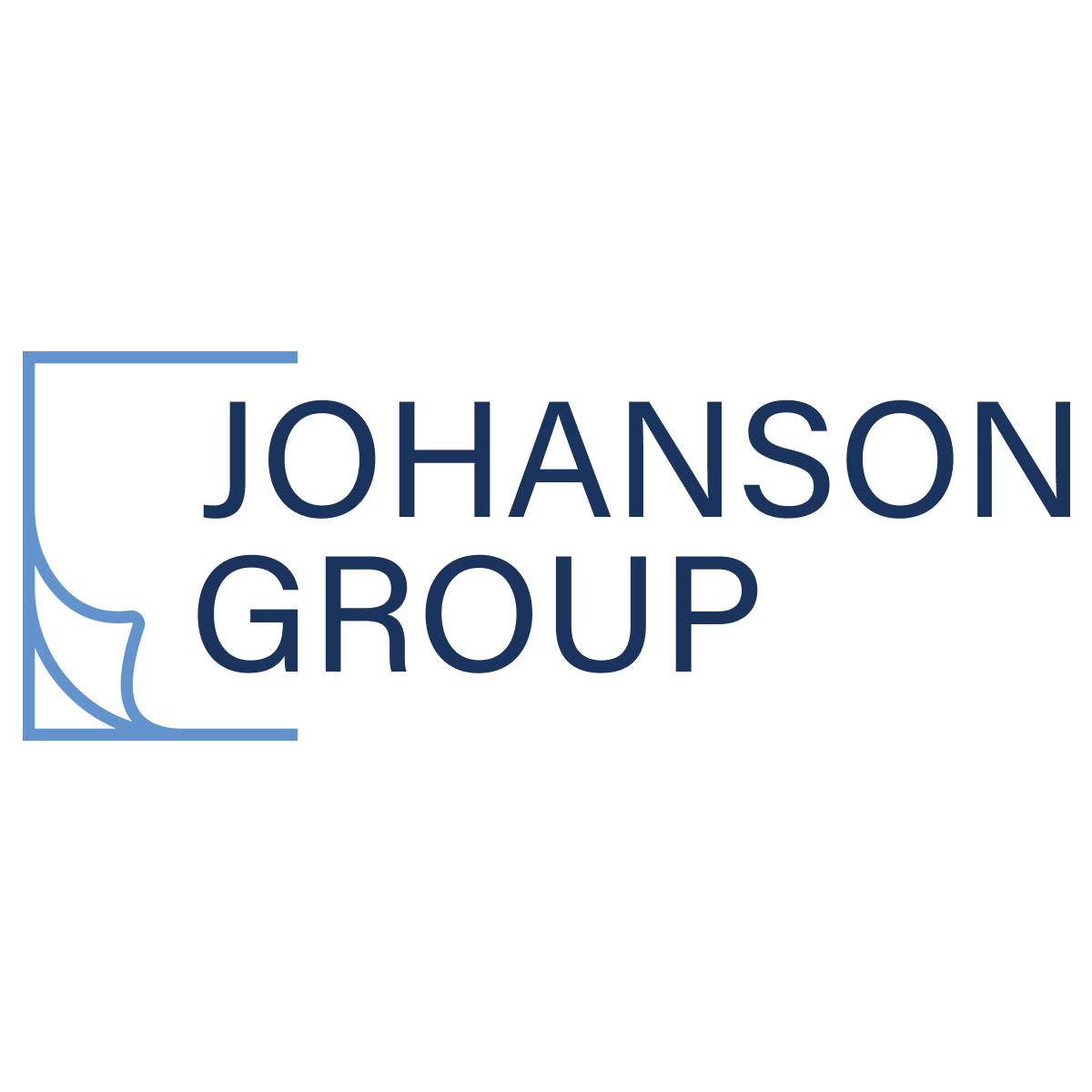Exploring the Five Trust Service Principles of SOC 2 Compliance
How Using the 5 Trust Service Principles of SOC 2 Compliance Enhances Confidence in Your Industry
SOC 2 is an internationally recognized standard, and it provides a framework for service providers to demonstrate their commitment to the Five Trust Service Principles (TSP) of SOC 2:
Security
Availability
Processing integrity
Confidentiality
Privacy
This blog post will explore the 5 TSP of SOC 2 compliance and how they apply to various industries.
READ MORE:
The 5 Trust Service Principles of SOC 2
1. Security
The security principle requires service providers to protect the system and its data against unauthorized access, use, disclosure, modification, and destruction. This principle also requires service providers to implement policies and procedures to identify, assess, and mitigate security risks. Service providers must have appropriate controls to safeguard the system, including access controls, encryption, firewalls, intrusion detection and prevention, and incident management.
2. Availability
The availability principle requires service providers to ensure the system is available for operation and use as agreed upon with their customers. Service providers must have appropriate controls to ensure the system is continuously available and minimize service disruptions; this includes redundant systems, backup and recovery procedures, and disaster recovery plans.
3. Processing Integrity
The processing integrity principle requires service providers to ensure that the system processes data accurately, entirely, and on time. Service providers must have appropriate controls to ensure data is processed accurately, including input validation, error handling, and reconciliation procedures. This principle also requires service providers to implement policies and procedures to prevent and detect unauthorized changes to data.
4. Confidentiality
The confidentiality principle requires service providers to protect the confidentiality of data throughout its lifecycle. Service providers must have appropriate controls to ensure that data is only accessible by authorized personnel and protects against unauthorized disclosure, including access controls, encryption, and policies and procedures to protect sensitive data.
5. Privacy
The privacy principle requires service providers to collect, use, retain, disclose, and dispose of personal information following their customers' privacy requirements. Service providers must have appropriate controls to protect confidential information against unauthorized access, use, disclosure, modification, destruction, data classification, consent management, and incident response.
System Components Covered by the 5 Trust Service Criteria in a SOC 2 Audit
During a SOC 2 audit, the 5 TSP criteria apply to different components of a system, including the following:
Infrastructure: Physical structures, IT, and hardware, such as facilities, computers, equipment, mobile devices, and telecommunications networks.
Software: Application programs and IT system software that supports application programs, such as operating systems, middleware, and utilities.
People: The personnel involved in the governance, operation, and use of a system are also covered, including developers, operators, entity users, vendor personnel, and managers.
Procedures: This covers both automated and manual processes involved in the system.
Data: Transaction streams, files, databases, tables, and output used or processed by a system.
READ MORE: SOC 2 Compliance Requirements
Earn the Trust of Your Customers: Prioritize the 5 Trust Services Criteria (TSP) for SOC 2
Establishing trust with customers is a critical component of any successful business.
Let’s delve into the 5 Trust Service Principles of SOC 2 and explore how different industries prioritize these principles to earn the trust of their customers. By prioritizing the 5 TSP, companies can demonstrate their commitment to security and reliability, and earn the trust of their customers.
SaaS Organizations:
SaaS organizations are entrusted with sensitive financial, personal, and other confidential information.
That's why SOC 2 compliance is vital for SaaS organizations. By meeting SOC 2 compliance, they can demonstrate that they have adequate controls to protect their clients' data.
Regarding the Five TSP criteria, SaaS organizations would likely rely on the following:
Security:
Because SaaS providers store, transmit, and process sensitive data, the Security TSP is critical. SaaS organizations must implement access controls, encryption, and monitoring systems. This principle ensures that SaaS providers have the necessary controls to protect their clients' data from unauthorized access, theft, and misuse.
Availability:
The availability principle ensures clients can access their data when needed. SaaS providers must ensure that their systems are available and reliable and have appropriate backup and recovery mechanisms. Downtime or interruptions in service can lead to significant financial losses, reputational damage, and legal liabilities.
Privacy:
SaaS organizations that handle personal health information (PHI) must also consider the privacy principle. This principle governs PHI's collection, use, retention, disclosure, and disposal. SaaS providers must implement appropriate controls to ensure that only authorized personnel can access PHI and that it's used and disclosed only for authorized purposes.
“The Johanson Group provided individualized attention during the discovery phase answering all of my questions uniquely tied to FlowEQ. “
Financial Services Sector
Financial services and fintech companies should focus primarily on the following:
Confidentiality: To meet SOC 2 compliance for the confidentiality TSP, financial services companies must identify and classify sensitive information and implement proper protection controls— access to confidential data and ensure that it is encrypted and protected in storage and transit
Security: Security is a top priority when handling other people's money. Financial services and Fintech companies must implement measures to prevent unauthorized access to data and systems, including firewalls, intrusion detection, and anti-malware software.
There must also be a process to detect and respond to security incidents and conduct regular vulnerability assessments to identify and address potential security risks.
Availability: Availability ensures that systems and data are accessible when needed.
Processing integrity: This principle is critical to ensuring financial transactions are processed accurately and efficiently. Processing integrity ensures that data is accurate, complete, and timely.
— David Patrick, Neural Payments
“Thank you very much for your team's diligence and hard work during our audit! It was a pleasure working with you all and we hope to again in the future.”
Healthcare Organizations
To comply with the Health Insurance Portability and Accountability Act of 1996 (HIPAA), healthcare organizations must follow specific guidelines when handling patient information.
However, in addition to HIPAA compliance, healthcare organizations should also focus on the five TSP for SOC 2 compliance to ensure they properly manage and secure patient data.
The SOC 2 TSP that healthcare organizations should focus on the most are:
Privacy:
This principle requires organizations to establish and maintain policies and procedures to protect personal information, including healthcare data, from unauthorized access, use, or disclosure.
Security:
Healthcare organizations must implement technical and physical safeguards to prevent unauthorized access to patient data, such as encrypting data at rest and in transit, implementing firewalls, and restricting access to sensitive information.
Availability:
Serious consequences could ensue if patient data is unavailable when needed. These organizations must ensure that their systems and data are available to authorized users when needed and have contingency plans to mitigate the impact of system failures or natural disasters.
“Amazing! Thank you so much for the final report and the marketing materials.
This has been a seamless process - thank you all for your efforts and my team very much enjoyed working with you. I'm sure we'll be in touch for the Type II after the monitoring phase.”
The sectors mentioned above are just a handful that necessitates adherence to SOC 2 compliance according to the 5 TSP criteria.
Here's a compilation of other industries that must prioritize the Five TSP for SOC 2 compliance:
Cloud service providers
Customer or sales support
Human resources departments
IT security management
Customer relationship management (CRM)
Medical claims processing
Data analysis companies
Accounting and auditing firms
Workflow management
Document and records management
Insurance claims processors
Technology consulting
Pharmaceutical
Financial processors
Legal Firms
FAQs: SOC 2 Compliance and Meeting the 5 TSP
As with any compliance framework, questions often arise when understanding and implementing the requirements. Below are some frequently asked questions we get about the Five Trust Service Principles of SOC 2:
-
A SOC 2 Type 1 report provides an opinion on the design of a service provider's controls, while a SOC 2 Type 2 report provides a statement on the design and operating effectiveness of those controls over a specific period (usually six months to a year). Type 2 reports are more comprehensive and provide greater assurance to customers.
-
The scope of a SOC 2 report is determined by the service provider and its customers. It should include all relevant systems and processes within the service provider's control and relevant to the five Trust Service Principles.
-
No, SOC 2 is a principles-based framework, meaning that service providers are free to choose the most appropriate controls for their systems and processes. However, the AICPA guides the types of controls that may be relevant to each of the Trust Service Principles.
-
Service providers can comply with one or more of the 5 Trust Service Principles for SOC 2 compliance, depending on their customers' requirements. However, it is important to note that the principles are interrelated, and compliance with one may impact compliance with others.
-
Auditors play a critical role in SOC 2 compliance. They are responsible for conducting the assessments and providing opinions on the design and operating effectiveness of a service provider's controls. Auditors must be independent and qualified to perform SOC 2 assessments.
-
It is common for assessments to renew, or more frequently if there are significant changes to the service provider's systems or processes.
By understanding the answers to these frequently asked questions, service providers can better understand and implement the requirements of the five Trust Service Principles of SOC 2.
Consulting qualified professionals to ensure compliance with SOC 2 and other frameworks is worth the investment and time.
Conclusion
In today's digital landscape, safeguarding sensitive data is crucial for businesses.
SOC 2 compliance is a non-negotiable requirement for service providers who handle confidential information such as health records, credit card numbers, or trade secrets.
By implementing SOC 2 controls under the guidance and criteria of the 5 Trust Principals, service providers can establish customer trust and showcase their unwavering commitment to data security.
Achieving SOC 2 compliance can be challenging, but it's crucial to work with experienced professionals who understand the requirements and can help guide you through the process.
Don't take risks with your customers' trust or your business's reputation — Partner with Johanson Group and let our experts help you achieve SOC 2 compliance, giving you and your customers peace of mind knowing that you take data security seriously.
Johanson Group provides risk advisory services, including SOC 2 audits, HIPAA compliance, and ISO 27001 certification, to help companies safeguard their most valuable asset: customer and employee data.








